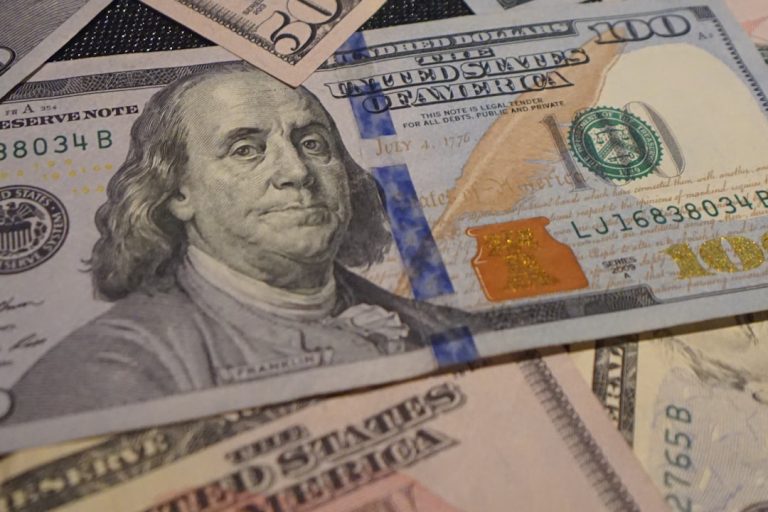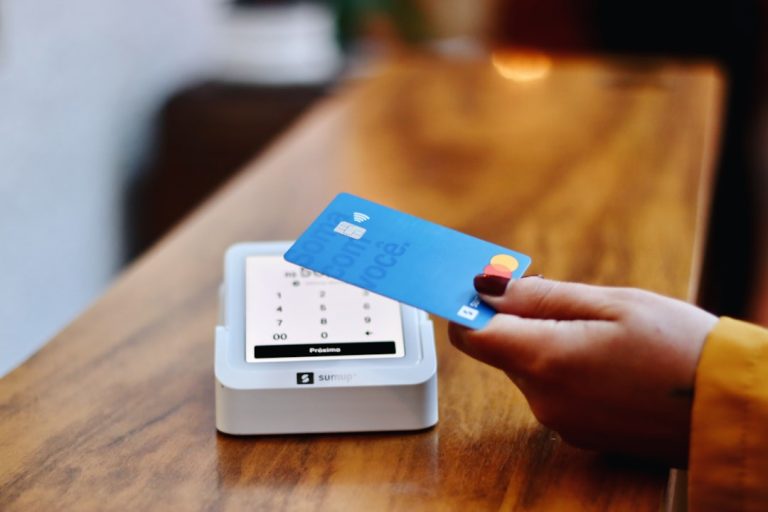How Long Does Credit Score Update After Payment?
As a financial expert, one of the most common questions I receive from clients is how long it takes for their credit score to update after making a payment. Your credit score is a crucial factor in determining your financial health and affects your ability to secure loans, mortgages, and even job opportunities. Understanding how long it takes for your credit score to reflect changes in your payment behavior can help you make informed decisions about managing your finances. Let’s delve into the details of how long it typically takes for your credit score to update after making a payment.
Factors Affecting Credit Score Updates
Several factors can influence how quickly your credit score updates after making a payment. The main factors include:
- Payment Method: The method you use to make a payment can impact how quickly it reflects on your credit report. Payments made through electronic means, such as online transfers or automatic payments, are processed faster compared to traditional methods like checks, which may take longer to clear.
- Credit Reporting Cycle: Credit card issuers and lenders typically report your payment activity to the credit bureaus once a month. This reporting cycle can vary among different creditors, so the timing of when your payment is reported can affect how quickly your credit score updates.
- Credit Bureau Processing Time: Once your payment information is received from the creditor, the credit bureaus need time to process and update your credit report. This processing time can vary but usually takes a few days to reflect the changes on your credit score.
Typical Timeline for Credit Score Updates
While the exact timeline for credit score updates can vary based on the factors mentioned above, in general, you can expect to see changes in your credit score within a few days to a month after making a payment. Here is a typical timeline for credit score updates:
- Immediate Impact: If you make a payment that significantly reduces your outstanding balance or resolves a delinquency, you may see an immediate positive impact on your credit score.
- Within a Few Days: For routine payments that are reported promptly by your creditor and processed quickly by the credit bureaus, you can expect to see updates to your credit score within a few days of making the payment.
- Within a Month: In some cases, especially if your payment coincides with the end of your creditor’s reporting cycle, it may take up to a month for the changes to be reflected in your credit score.
Tips for Improving Credit Score Updates
If you want to ensure that your credit score updates promptly after making payments, consider the following tips:
- Monitor Your Credit Report: Regularly check your credit report for any discrepancies or errors that could delay updates to your credit score.
- Set Up Automatic Payments: Enrolling in automatic payments can help ensure that your payments are made on time and reported promptly to the credit bureaus.
- Pay More Than the Minimum: Making more than the minimum payment on your credit accounts can help reduce your outstanding balance faster and have a more significant impact on your credit score.
In conclusion, while there is no definitive answer to how long it takes for your credit score to update after making a payment, understanding the factors that influence this timeline can help you manage your finances effectively. By staying informed about how payments are processed and reported, you can take proactive steps to improve and maintain a healthy credit score.
Remember that building good credit takes time and consistent effort, so stay disciplined in managing your finances and making timely payments to see positive changes in your credit score over time.






